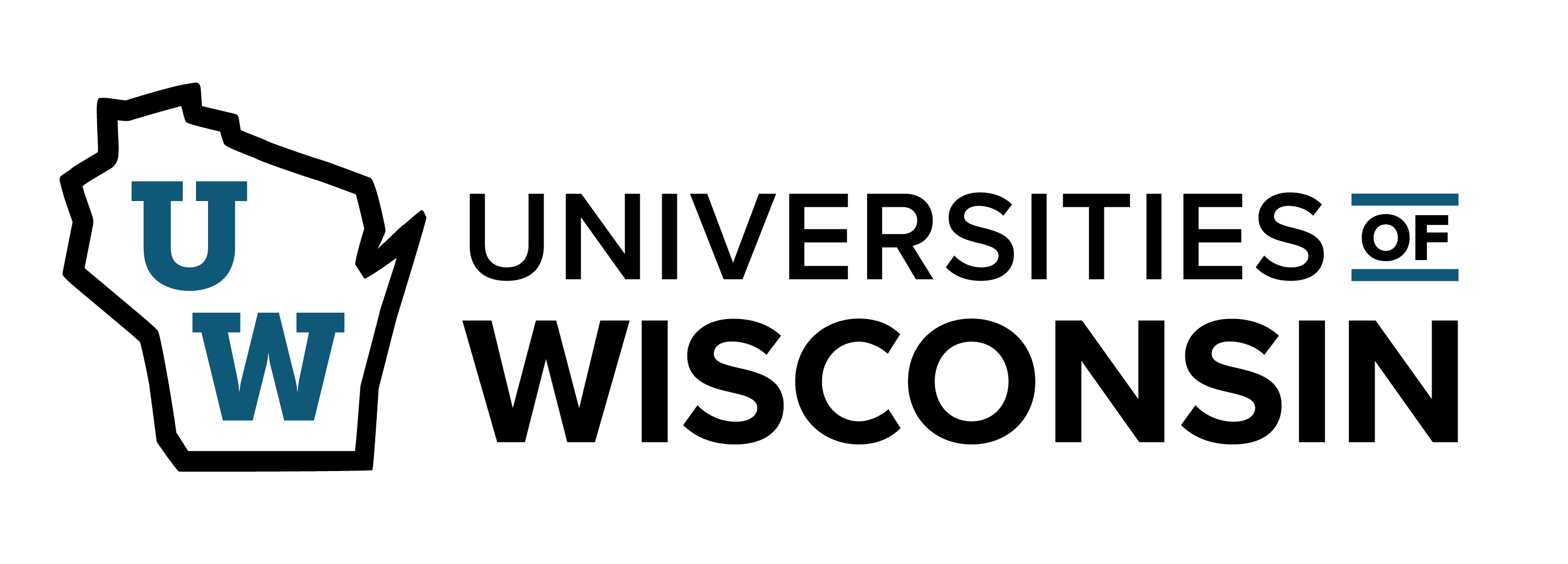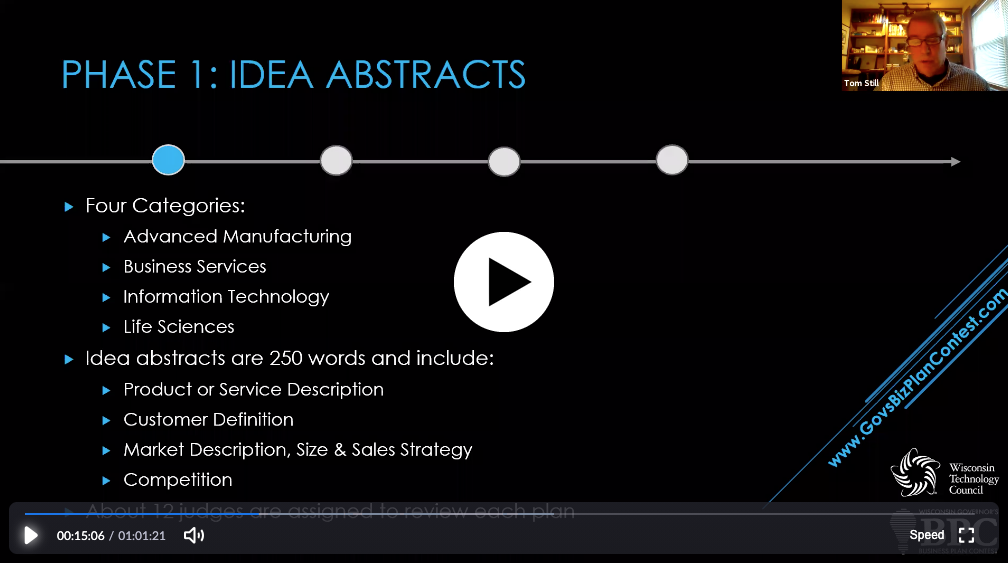
Resources
Submit your idea!
CONTEST WILL OPEN EARLY SPRING
WTC was created in 2001 by a bipartisan act of the Wisconsin State Legislature. The Tech Council’s primary functions are to serve as the non-partisan science and technology policy adviser to the Governor and the Legislature; act as a catalyst for tech-based economic development in Wisconsin, and; facilitate inter- and intra-state network development, especially related to the cultivation of a high-growth, high-tech entrepreneurial economy in Wisconsin.
The Tech Council Investor Networks, a program of the Wisconsin Technology Council, was launched in January 2005 to fuel the growth of entrepreneurial, early stage financing throughout Wisconsin by providing services and resources to the early-stage investing and entrepreneurial communities.
The Tech Council Innovation Network is the membership arm of the Wisconsin Technology Council. The Innovation Network holds monthly luncheons that bring together entrepreneurs, business owners and related high- tech professionals in a collaboration rich environment. We meet across Wisconsin, in cities such as Milwaukee, Madison, Eau Claire, Appleton Green Bay and Wausau. Attendance requires paid registration or annual membership.
Start In Wisconsin is the premier network for local businesses. For owners and startups, Start In Wisconsin will power connections to start, scale and accelerate area entrepreneurs. For the established resource network, Start In Wisconsin will be a platform to provide best fit referrals, build your network, and to showcase the story of entrepreneurship in our region.
Are you an entrepreneurship support organization excited to join the network? Make sure to please complete the online form. There are no fees for signing up, and once you do, your organization will receive small business referrals.
WEDC is Wisconsin’s lead economic development organization. The Entrepreneurship and Innovation division will connect you with Wisconsin’s great network of resources and partners to meet your specific business needs and assist you in making your idea come to life. This is where you can learn more about investor tax credits, loans and grants.
The Center for Technology Commercialization provides entrepreneurs with access to a statewide network of resources and expertise, identifies high-potential entrepreneurs and helps move their businesses forward, facilitates collaboration between entrepreneurs and between organizations that assist entrepreneurs, and helps create and grow minority-owned businesses.
SCORE is a nonprofit association dedicated to helping small businesses get off the ground, grow and achieve their goals through education and mentorship. Supported by the U.S. Small Business Administration and a network of more than 11,000 volunteers, SCORE offers mentoring, counseling, business tools and workshops at a low cost or no charge.
The Wisconsin Small Business Development Center (SBDC) at the University of Wisconsin-Madison is part of a statewide network of SBDC’s working with business owners and entrepreneurs to facilitate business growth and improvement, and to launch successful new companies. Through no-cost consulting and low-cost entrepreneurial education, SBDC experts serve as resources for small and emerging mid-size companies.
Graduates of Wisconsin technical colleges get the education and training that provides skills to compete in today’s competitive technical job market.
The Universities of Wisconsin System encompasses 13 four-year campuses, an number of two-year campuses and statewide Wisconsin Small Business Development Centers.
Business plans have historically been a necessity for most entrepreneurs, especially those seeking financing, but the definition of a business plan has changed in recent years.
WAICU represents and promotes collaboration among the 20 private colleges and universities of Wisconsin and their more than 55,000 students. Each WAICU institution is a nonprofit, fully accredited, degree-granting institution, but each is unique, with its own mission and culture.
Cary Silverstein, president and CEO of SMA, LLC & The Negotiating Edge, wrote an article in 2009 to help graduate students prepare their business plans. Silverstein has been a senior professor at DeVry University / Keller Graduate School of Management for more than 20 years, facilitating classes in entrepreneurial planning, legal & ethical issues, negotiation skills, and strategic planning. He is also a judge for the Wisconsin Governor’s Business Plan Contest.
With the ascendance of the lean startup model, with its emphasis on early and constant customer feedback and startup pivots reflecting the same, more and more entrepreneurs are asking themselves, “Why bother with a business plan? It won’t survive long enough to be worth the effort to create it.” Paul Jones, co-chair of the Venture Capital and Emerging Company Practice Group at Michael Best & Friedrich, explains why he feels even lean startups should start with a business plan, even if the expected life of the same can be measured in months or even weeks.
The Wisconsin Entrepreneurs’ Toolkit was developed by the Wisconsin Technology Council. The Entrepreneurs’ Toolkit provides business startup information and assistance, networking contacts and technical resources. The information caters to individuals interested in starting any type of business including retail, service or technology companies.


















